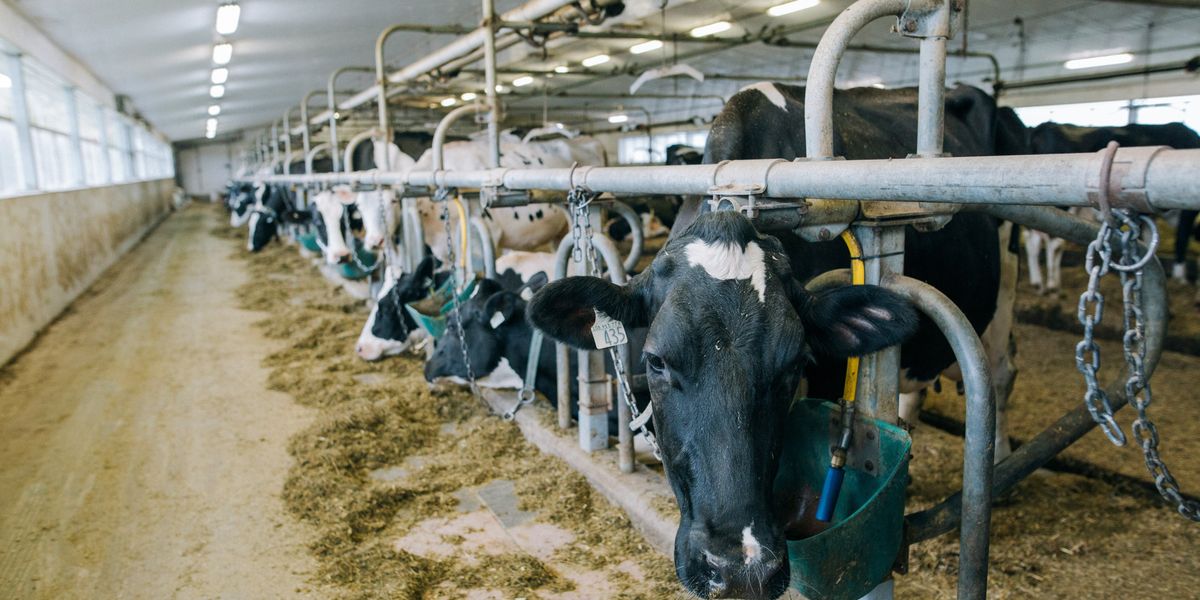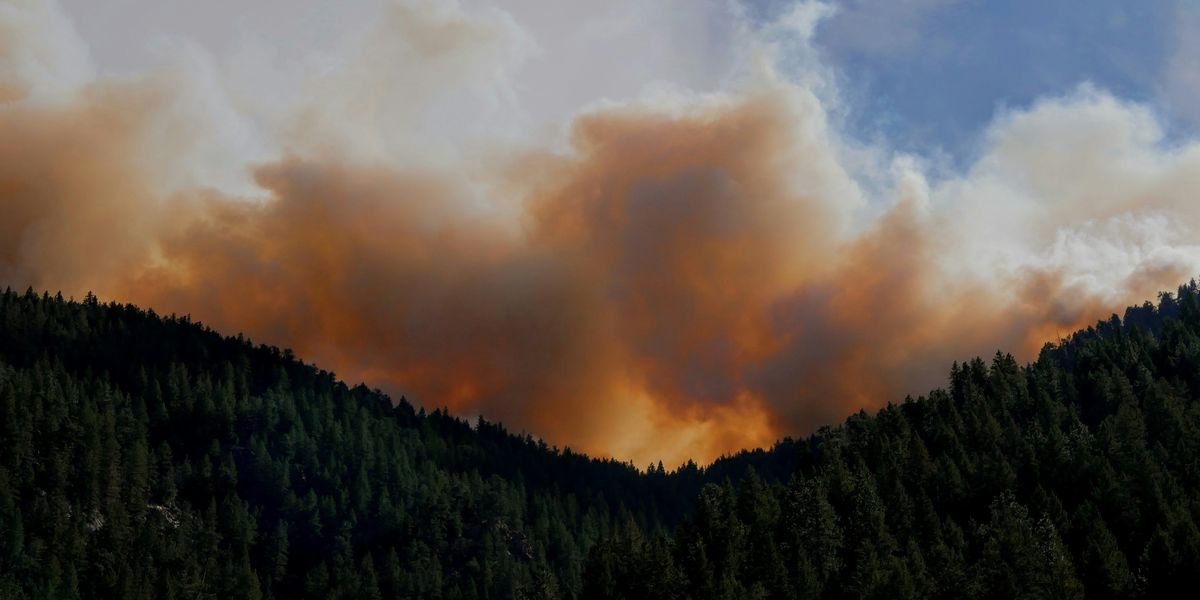claims
As climate change fuels costly weather events, insurance payouts skyrocket in the UK
Increased weather-related insurance claims have pushed UK payouts to a seven-year high as climate change worsens storm and flooding damage.
In short:
- The Association of British Insurers (ABI) reports that insurance payouts reached £1.4bn in the second quarter of 2024, driven by weather-related claims amounting to £144m.
- The UK experienced significant weather events, including four named storms, leading to economic disruptions and impacting consumer spending.
- Last year, UK insurers paid out a record £573m in weather-related claims, which is £150m more to their payouts in 2022.
Key quote:
"Urgent government action to tackle surface-water flooding and maintain flood investments and maintenance will also help reduce the future impact of flooding."
— Louise Clark, policy adviser at the ABI.
Why this matters:
Rising insurance payouts highlight the increasing financial strain climate change places on both individuals and the economy. With severe weather events becoming more frequent, there's a growing need for policies focusing on prevention and resilience to safeguard communities and reduce economic disruption.
Related: Insurance woes increase as climate change impacts profitability
Occidental Petroleum's net-zero claims met with skepticism
Occidental Petroleum's strategy to achieve net-zero emissions through carbon capture and other technologies faces significant criticism for potentially increasing overall greenhouse gas emissions.
In short:
- Despite Occidental Petroleum's commitment to net-zero by 2040, critics argue that their reliance on carbon capture technologies may actually exacerbate their carbon footprint.
- The company's plans involve using captured carbon for enhanced oil recovery, which critics say undermines the goal of reducing greenhouse gas emissions.
- Independent experts and analyses suggest that the energy-intensive nature of these technologies, primarily powered by fossil fuels, may result in net increases in emissions.
Key quote:
"What we have to do is phase out fossil fuels, not perpetuate their life."
— Marlène Ramón Hernández, expert on carbon removal at Carbon Market Watch
Why this matters:
Critics argue that while carbon capture technologies promise to remove CO2 from the atmosphere, they may inadvertently lead to an increase in overall greenhouse gas emissions. This paradox arises because the infrastructure and energy required to capture and store carbon can itself be substantial. There's also a concern that relying heavily on these technologies could perpetuate the continued use of fossil fuels, as companies might feel justified in maintaining or even increasing production due to the perceived mitigation offered by carbon capture.
Opioid ruling boosts Big Oil defense in Hawaii climate case
A landmark federal court ruling that rejected efforts to force three opioid distributors to pay up for the addiction crisis is already being cited by oil and gas companies in at least one lawsuit from local governments seeking compensation for erosion, wildfires and other effects of a warming planet.

















